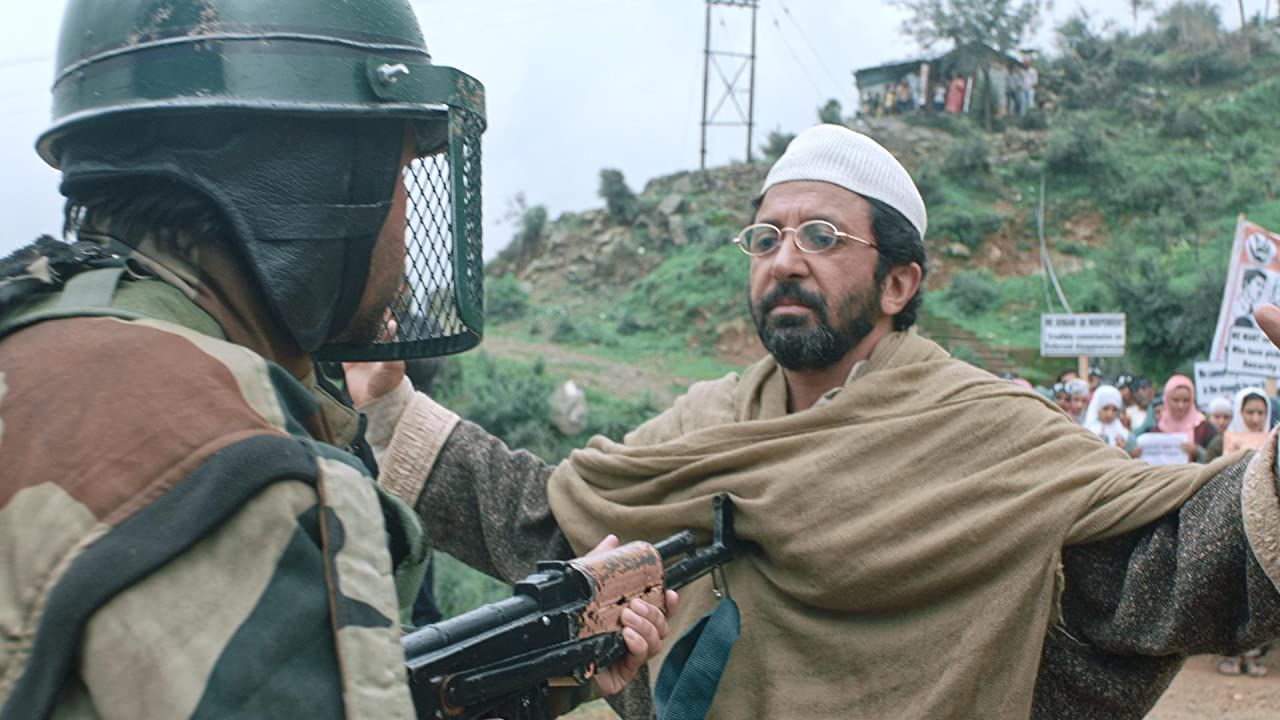India’s Hindu supremacist Bharatiya Janata Party (BJP) government is seeking to tighten the country’s already intrusive and pervasive film censorship regime with its Cinematograph (Amendment) Bill, 2021. The proposed legislation would amend India’s existing film censorship law, the Cinematograph Act, 1952, to give the central government “revisionary powers,” thereby enabling it “to order recertification of an already certified film.” This will add an additional layer of direct government censorship to the existing censorship regime, overseen by the Central Board for Film Certification (CBFC), or Censor Board.
The CBFC is a statutory body under the Ministry of Information and Broadcasting tasked with regulating the public exhibition of films. It has the power to compel changes before films can be legally presented to the public or to prohibit their release outright.

Scene from Ashvin Kumar's "No fathers in Kashmir," which was only released in India after the filmmaker appealed to the now abolished Film Certificate Appellate Tribunal.
The board consists of a chairperson and 23 members, all of whom are appointed by the central government, and has its headquarters in Mumbai, the centre of India’s film industry. It has nine regional offices in Mumbai, Kolkata, Chennai, Bangalore, Thiruvananthapuram, Hyderabad, New Delhi, Cuttack and Guwahati, which are assisted in their examination of films by Advisory Panels whose members are also appointed by the Union government for a period of two years. The CBFC regularly orders directors to remove anything it deems offensive, including depictions of sex, nudity and violence, or “politically subversive” material. It can and does routinely make certification conditional on the cutting of “objectionable” scenes.






